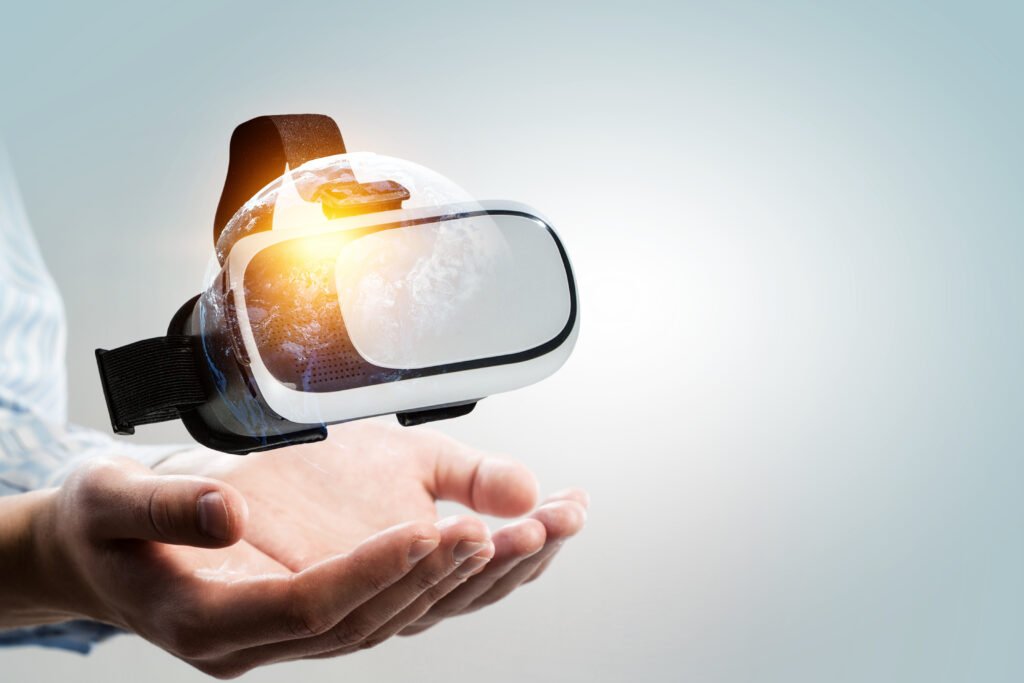In the digital age, AI (Artificial Intelligence) and data analytics are revolutionizing the way hotels approach marketing. By harnessing the power of technology, hotels can not only improve their marketing strategies but also enhance the guest experience and optimize operations. Here’s how AI and data analytics are reshaping hotel marketing in 2024.
1. Personalized Guest Experiences

One of the most significant benefits of AI in hotel marketing is its ability to deliver highly personalized experiences. By analyzing guest data such as booking history, preferences, and past interactions, AI can:
- Recommend tailored packages or upgrades based on a guest’s profile.
- Provide customized room offers and services, like personalized concierge suggestions.
- Predict future behaviors and anticipate guest needs, offering a seamless experience from booking to checkout.
Personalization builds guest loyalty, leading to higher satisfaction and repeat bookings.
2. Enhanced Customer Support with Chatbots
Chatbots powered by AI are transforming customer support in the hotel industry. These bots can:
- Provide instant responses to guest inquiries about room availability, amenities, and services.
- Assist with booking modifications and cancellations in real-time.
- Offer multilingual support, making it easier to serve international travelers.
With AI-powered chatbots, hotels can provide 24/7 support, reduce operational costs, and improve the overall guest experience.
3. Data-Driven Decision Making

Data analytics gives hoteliers access to valuable insights that help them make more informed decisions. By collecting and analyzing data from multiple sources (guest interactions, booking patterns, social media), hotels can:
- Optimize pricing strategies through dynamic pricing, adjusting rates based on demand, local events, and competitor pricing.
- Forecast occupancy trends and plan marketing efforts more effectively.
- Track campaign performance and identify areas for improvement.
Data-driven insights enable hotels to target the right audience with the right offers at the right time.
4. Improved Targeting and Segmentation

AI and data analytics allow hotels to better segment their audiences based on key characteristics such as booking behavior, demographics, and location. This means that marketing campaigns can be highly targeted, increasing the likelihood of conversions. For example, a hotel could run tailored ads or email campaigns targeting:
- Business travelers with special offers on meeting rooms and business amenities.
- Couples looking for romantic getaway packages.
- Families with family-friendly room discounts or activities.
Targeted marketing maximizes the return on investment (ROI) by delivering relevant offers to the right audience.
5. Optimizing Marketing Campaigns with Predictive Analytics
Predictive analytics powered by AI is a game-changer for hotel marketing. By analyzing historical data and trends, AI can forecast future guest behaviors and booking patterns. This enables hotels to:
- Plan marketing campaigns in advance, aligning promotions with expected demand.
- Adjust prices or offers dynamically based on predicted occupancy rates.
- Personalize messaging to future guests, increasing engagement and conversions.
By anticipating customer needs and market trends, predictive analytics ensures that marketing efforts are not only reactive but proactive.
6. Streamlined Social Media Marketing

AI tools are increasingly being used to streamline and enhance social media marketing for hotels. AI can:
- Analyze guest sentiment from reviews and social media mentions, helping to shape marketing content.
- Automate content scheduling and posting, ensuring a consistent social media presence.
- Identify trending topics and relevant hashtags to increase engagement.
With AI-powered social media tools, hotels can improve their social media strategy and ensure they stay visible in a competitive online space.
7. Enhanced Online Reputation Management
Managing a hotel’s online reputation is vital for attracting new guests. AI and data analytics can help hoteliers monitor and improve their reputation by:
- Analyzing guest reviews from platforms like TripAdvisor, Google, and booking sites.
- Identifying recurring issues or areas for improvement based on guest feedback.
- Automating responses to reviews, ensuring timely and relevant replies to both positive and negative feedback.
A strong online reputation can significantly impact a hotel’s ability to secure new bookings and build trust with potential guests.
8. Maximizing Revenue through Dynamic Pricing

With the help of AI and data analytics, hotels can implement dynamic pricing strategies that optimize revenue. By analyzing various data points—such as demand fluctuations, market trends, and competitor prices—AI can help determine the most profitable pricing at any given time. This includes:
- Real-time rate adjustments based on market conditions.
- Offering discounts and promotions during low-demand periods to increase bookings.
- Maximizing high-demand periods with higher rates.
Dynamic pricing helps hotels remain competitive and profitable, even during fluctuating market conditions.
AI and data analytics are transforming hotel marketing by providing deeper insights, enhancing personalization, and streamlining operations. By embracing these technologies, hotels can better understand guest preferences, optimize their marketing campaigns, and maximize revenue. The future of hotel marketing lies in the smart use of data and AI, so staying ahead of these trends is essential to remain competitive in 2024 and beyond.










